Should you be able to take the risk of paying for a meal in an unregulated, non-traditional restaurant—billed as a “secret supper”—in a person’s home? Or should the government step in to regulate as it would any other dining establishment: inspect the kitchen, require a business license, control what food can be served and how it can be prepared, and ensure compliance with local zoning ordinances pertaining to home businesses and building codes addressing fire exits? I confront these issues in my forthcoming essay, Regulating the Underground: Secret Supper Clubs, Pop-Up Restaurants, and the Role of Law, which is part of the University of Chicago Law Review Dialogue’s online symposium about grassroots innovation and regulatory adaptation.
Consider the following two scenarios:
- Your friend’s sister is a budding chef who occasionally likes to try out her new recipes on people she doesn’t know. You join your friend for dinner at his sister’s apartment, and you bring her a bottle of wine in appreciation.
[[A dinner party; bring a bottle of wine to the host and enjoy the food]]
- Your friend invites you to a “secret supper” at the home of a budding chef that he read about on a blog. You join your friend for dinner at this chef’s apartment, and you each pay $100 for the dining experience.
[[A secret supper in a loft in Greenpoint, Brooklyn;
pay cash for a delicious meal cooked by an emerging chef, who wrote the dinner menu on a chalkboard]]
Both the sister and the budding chef cook your meal in a standard residential kitchen that has never been inspected. Are these encounters any different from one another? Does the exchange of cash instead of wine suggest that we need governmental regulation? Is the secret supper more like a traditional restaurant, or more like a dinner at a friend’s house?
We regulate brick and mortar restaurants to protect against food-borne illness, and to ensure that commercial uses are located appropriately so as not to disturb their neighbors. It seems that those same concerns would be present in the context of a secret supper. That’s particularly true of the former concern; food-borne illness is a much bigger problem than most people realize. However, most people would agree that we should not regulate an individual who wants to serve food to others as a purely social or communal activity: the intrusion objection would be too strong. So, how should we regulate activities that fall somewhere between traditional communal activities and formal business exchanges?
[[Sauce on plates at a secret supper]]
Many scholars and government regulators are considering these questions in the context of the emerging (and misleadingly named) “sharing economy.” Hitchhiking with a stranger is different than paying for a pre-arranged ride with a stranger who occasionally drives people around in his personal car in his spare time, which is different than taking a taxi. Sleeping on a friend’s couch is different from sleeping in a stranger’s bed when she’s out of town, which is different from staying in a hotel room. And, to the point of my research, eating a meal at a stranger’s house for free is different than eating one at a stranger’s house that is paid for, which is different than eating in a restaurant. As people blur the lines between the personal and the professional, between business and kind gestures, regulators need to consider whether—and how—to regulate these activities.
There are benefits to secret suppers and the closely related pop-up dinners that take place in underused or vacant retail and commercial spaces in many localities. These forms of dining contribute to the diversity of food choice in a community. They build community and social capital by providing a place for strangers with a shared interest in good food to gather and talk. They provide a low-cost platform for new chefs to try out recipes and build a customer-base before investing in the lease, permits, and physical improvements that often accompany the opening of a brick and mortar restaurant. They provide an outlet for participation in an illegal form of dining that often seeks to rebel against an archaic system of food regulation. So, by allowing these underground restaurants to operate unregulated, cities allow them to flourish without bureaucratic barriers to entry.
[[A pop-up restaurant, CÔNG TỬ BỘT, in a brewery where people paid for their meals]]
On the other hand, there are valid reasons to regulate these meals. Notably, the rebellious, mysterious, anti-establishment chic that surrounds these underground dinners belies the reality that they are, at base, economic exchanges. Although we refer to them as part of the “sharing economy,” little is shared; these meals are often quite expensive (of course, chefs often pay a lot for the ingredients they will be serving, or take a lot of time to forage or harvest them). While society generally does not support the regulation of true sharing, we seem quite comfortable with regulating for-profit enterprises. Further, food safety concerns are real, especially because many secret suppers involve “illegal” and uninspected foods—raw milks and cheese, cured meats, and foraged sea creatures. Moreover, large and frequent secret suppers might not be appropriate in all residential neighborhoods. And while liberty interests are important, they are often appropriately trumped by governmental regulation that furthers the public health, safety and welfare of the community.
As manifestations of the so-called sharing economy become more common in more municipalities, local governments must consider how to handle their emergence. The goal should be devising a regulatory scheme that is easy and inexpensive enough to ensure that these creative additions to the local economy will be able to operate, but that is also protective of public health and safety.
The preceding post comes to us from Sarah Schindler, Associate Professor of Law, University of Maine School of Law. It is based on her recent essay entitled “Regulating the Underground: Secret Supper Clubs, Pop-Up Restaurants, and the Role of Law”, a draft of which is available here.
 Sky Blog
Sky Blog
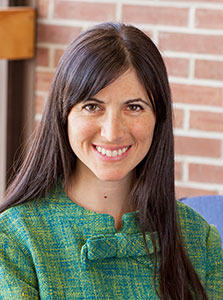
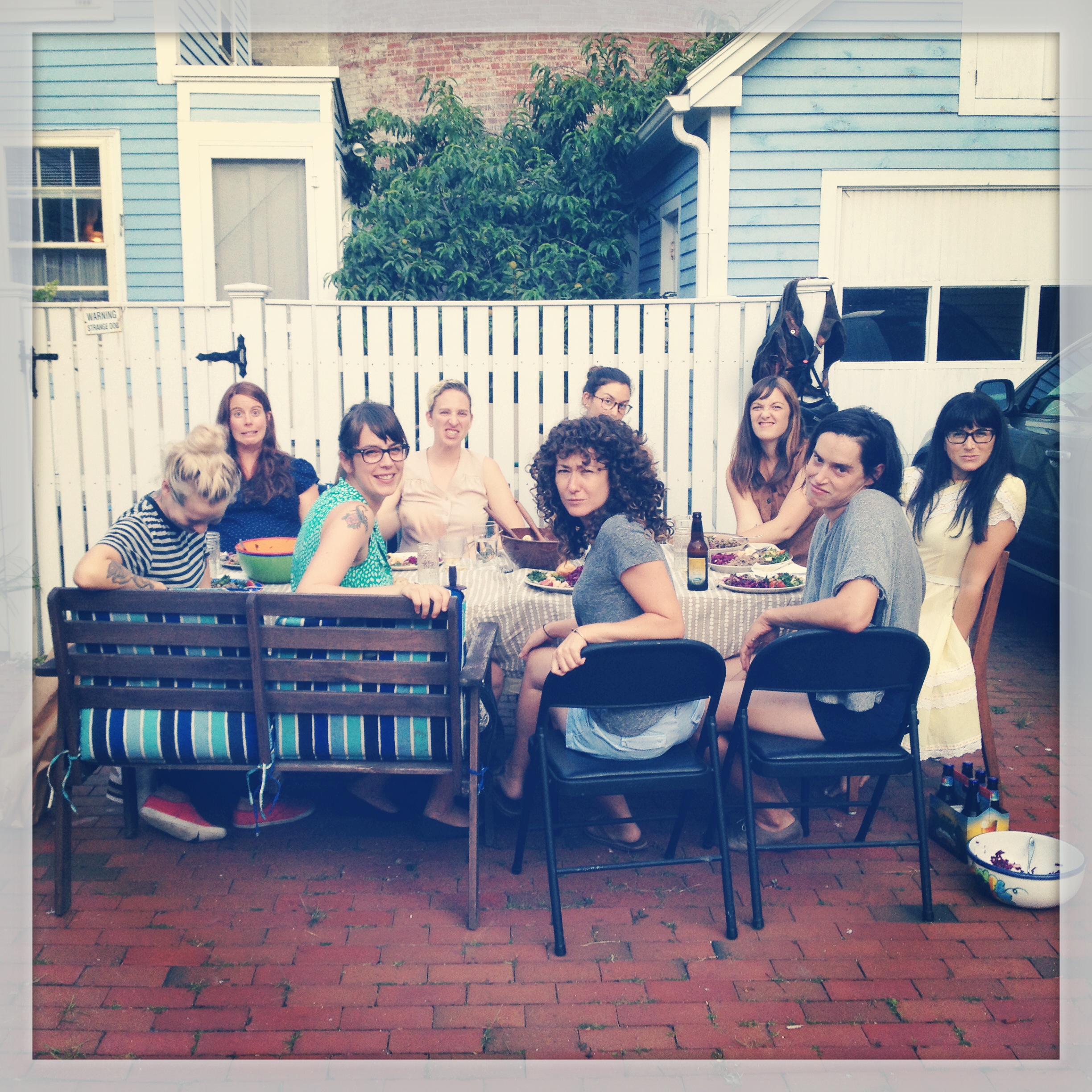
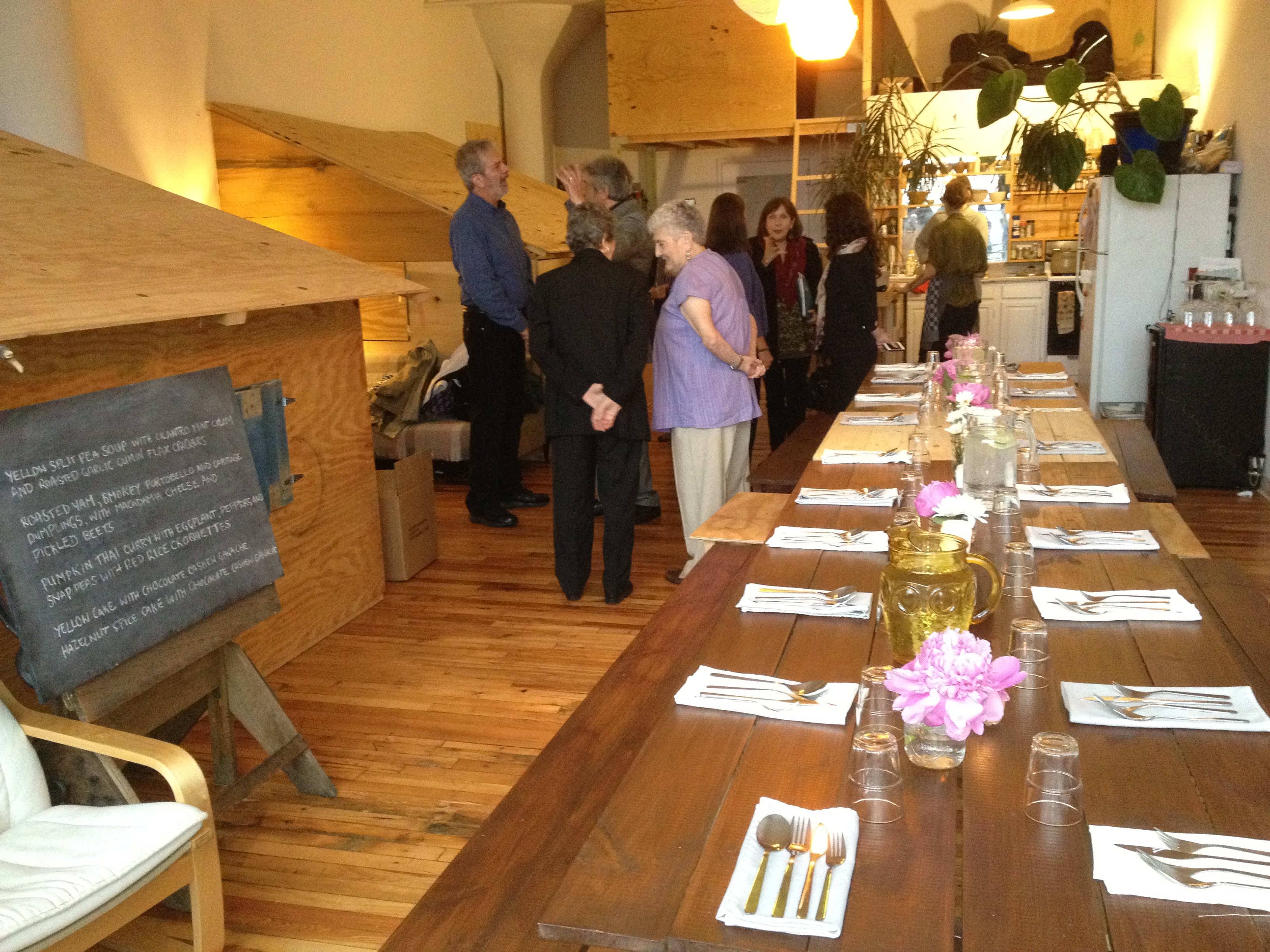
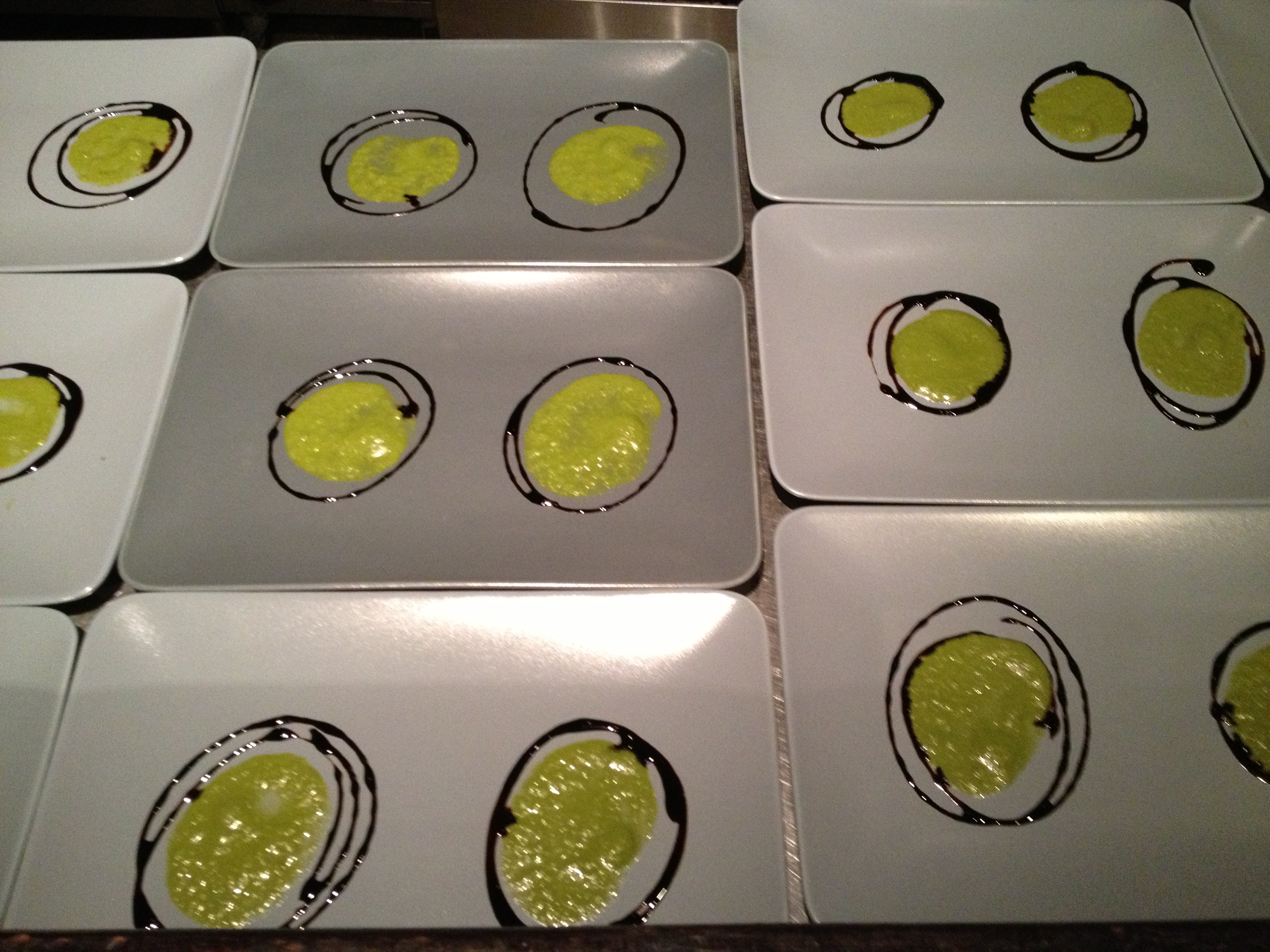
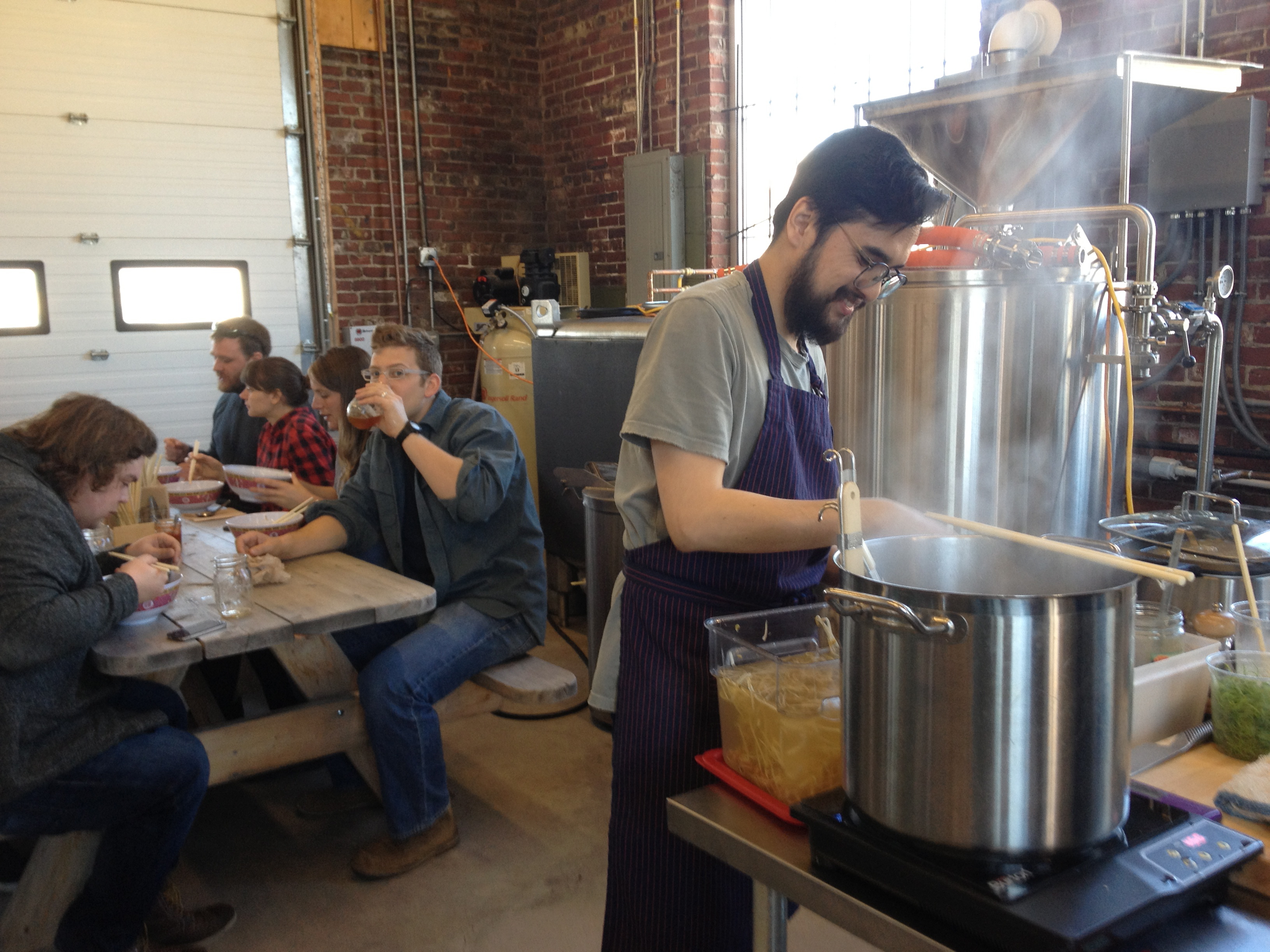
all this would be fine if there were no money paid.
People would be used as test ground for the chef to know how successful his restaurant would be were he to open one. These secret suppers are in fact business and should be subjected to the same controls and regulations as restaurants, and therefore also pay taxes.